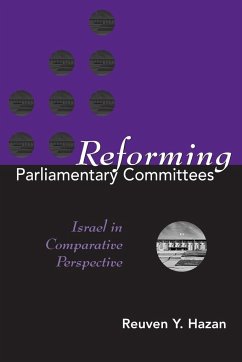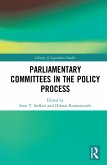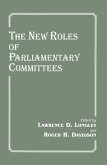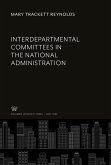In Reforming Parliamentary Committees, Reuven Y. Hazan argues that committees are essential for the efficient dispatch of parliamentary business and shows how several parliaments have recently reformed their committee systems to function more effectively. In particular, he provides in-depth knowledge and a broader understanding of Israel's committees and how they compare with the committees of other legislatures throughout the world. Hazan begins his study with comparative analyses of the committees of four other legislative bodies: the British House of Commons, Germany's Bundestag, Italy's Camera dei Deputati, and the Dutch Tweede Kamer. He then presents an assessment of why and how parliamentary committees are reformed, and examines why committee reform either succeeds or fails to achieve its goals. To determine the feasibility of enacting such reforms in the Israeli Knesset, Hazan conducted a series of interviews with MPs and committee chairs. The book concludes with a discussion of the changing nature of the Israeli political system and the need for committee reform. Reuven Y. Hazan is a lecturer in political science at the Hebrew University of Jerusalem, and adviser to the Speaker of the Israeli Knesset on the committee system. He is the author of Centre Parties: Competition and Polarization in European Parliamentary Democracies and is co-editor of The Uneasy Relationship between Parliamentary Members and Leaders.








